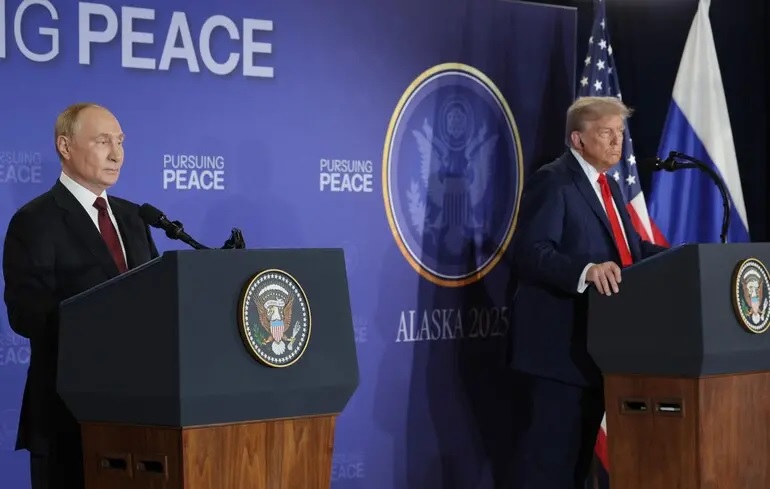Political analysts assess information about the alleged “settlement plan” for Ukraine
20 November 14:55
The “peace plan” discussed in the media and attributed to the Donald Trump administration may not actually exist and is part of an information operation. This was stated by political scientist Oleh Lisnyi in a commentary
Political analyst Oleh Lisnyi emphasizes that no one has seen any real plan of the United States . According to him, all references to a possible document are more like an information and psychological operation (IPO) or a throw-in designed to study the reactions of the Ukrainian side.
The political scientist believes that these are Russian developments that are being promoted through individuals in the media field. He emphasizes that there is no reason to consider these ideas the official position of Donald Trump or the US administration, because Washington “simply does not have a plan at the moment.”
Lesnyi also points out that Ukraine has already made it clear that it refuses such proposals, and the United States has not even officially voiced such conditions to Kyiv. Therefore, we are “in the middle of an event that has not yet happened,” and now we are only testing possible scenarios.
At the same time, political scientist Volodymyr Tsybulko in a commentary
- the territories are mined,
- cities and industrial zones are destroyed,
- large-scale reclamation is needed to restore it.
In his opinion, even in the event of any negotiations, Ukraine could only receive the territories after they have been demined, cleared, and restored, which applies in particular to cities such as Maryinka.
Tsybulko sees this not as a political reality, but as a conditional technical scenario in which the transfer is possible only after the land is fully restored to normal.
Against this backdrop, Ukraine also reacted to the suggestion that the possible plan could have included a language part.
TheCommissioner for the Protection of the State Language, Olena Ivanovska , said on Facebook that any proposals that provide for “support for the Russian language or its special status” contradict the principles of Ukrainian sovereignty.
She emphasized that language policy is exclusively the internal competence of Ukraine, and Russia has no moral or political right to make demands in this area:
“It was the Russian language that was used as a tool to justify aggression, occupation and linguistic violence against Ukrainian citizens… No external attempts to revise the language status or impose a different language policy are acceptable.”
Ivanovska added that millions of Ukrainian citizens will not support any concessions, and the protection of the state language is a “red line” that Ukraine will not cross.
For another version, see
He noted that the use of the mechanism of leasing territories is not unprecedented in world practice – similar models have been used in Hong Kong, Macau, Guantanamo Bay and other territories.
According to him, such a scheme could theoretically be associated with the use of frozen Russian assets as part of the “rent”:
“These assets can be used as payment for the lease of the territory… But this lease does not mean that Russia recognizes the Ukrainian status of these territories.”
Bortnik also suggests that possible information injections may be part of a political campaign to put pressure on the Ukrainian leadership:
“There are reasons to say that a separate pressure campaign may be conducted on the party that looks weaker today of all the participants in the negotiations in order to achieve deep concessions from Ukraine. And through these concessions, to change this balance and achieve a peace agreement in general. Many facts indicate that such an informational political campaign may be underway.”
In recent days, the global and Ukrainian media have begun to actively discuss “open” and “secret” plans to end the war in Ukraine, which the public will allegedly learn about in the near future. The discussion has particularly intensified against the backdrop of Ukrainian President Volodymyr Zelenskyy’s visit to Turkey, where he is expected to speak again about ending hostilities.









